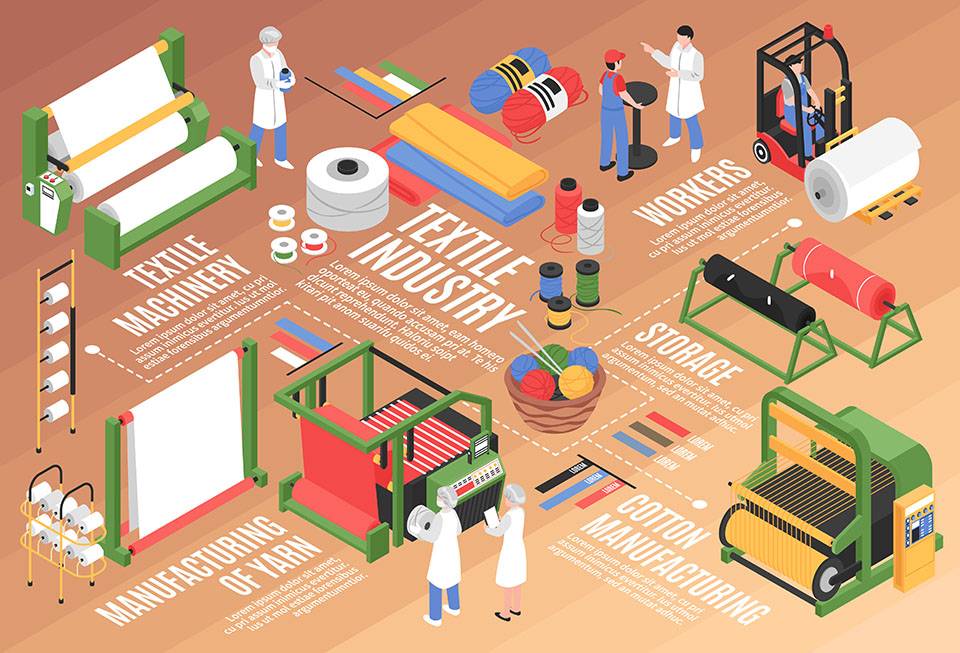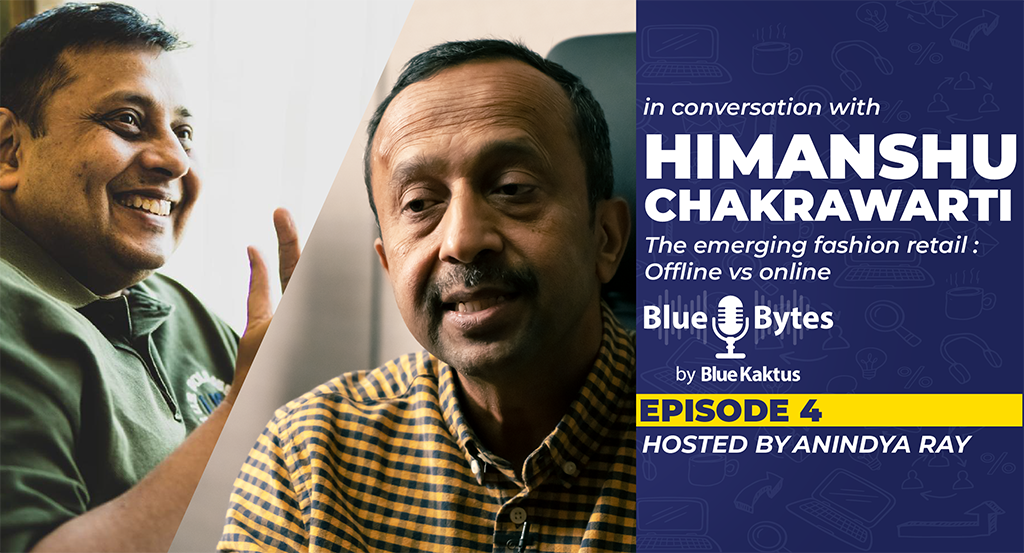Remember?
My article published in April’21 “CSK-The game-changer of IPL”.
Sharing the link here for those who would like to revisit it; CSK-The game-changer of IPL
In that article I spoke about how Customized Service with Knowledge would be the game-changer of Industry Premier League, this is something which is realized by the larger level of audience across our industry including the ministry of textiles. The recently announced PLI scheme for textiles is the proof for this.
IPL
Whenever we hear this name it gives immense energy to most of us since it produces great entertainment & excitement for all cricket lovers across the world. BCCI has become popular & rich after they started IPL which everyone knows and agrees with as well. The kind of benefits & growth IPL reaped for Indian cricket as well as players is immense, it cannot be described in one line.
CSK
This is one of the teams which is always the talk of IPL every season due to their consistent performance under the leadership of MSD (Thala). “Csk- Whistle podu”; This slogan is registered in fan's minds. The kind of popularity TN gained by CSK is huge thanks to the franchisee. The number of players who had evolved & made a place for themselves in the world through IPL, & CSK teams is the classic example & promotion for cricket.

BOOST
What if we get these kinds of benefits & support for our industry? how this could change the fortunes of our industry and for our states in particular and the businessmen involved in this segment.
Our textile industry got a restart with the recent announcement by the new textile minister (captain) Mr.Piyush Goyal. I thought about writing the same as an article so that we all can learn and know more about the PLI scheme of textiles as simple as possible.
What is PLI?
PLI stands for Production-Linked Incentive (PLI) Scheme for Textiles.
What is the Aim of this scheme PLI?
The scheme aims to attract fresh investment of Rs 19,000 crore in the sector for the production of in-demand textiles, and an additional turnover of Rs 3 lakh crore over five years.
Which segments will the new PLI scheme promote?
The PLI scheme for textiles aims to promote the production of high-value Man-Made Fibre (MMF) fabrics, garments, and technical textiles. This is the classic example for the Customized Service with Knowledge which is the need of the hour for our industry, it’s time for us to look and grow on our non-cotton capabilities as the market is so volatile for cotton now.
Why it is for MMF & Technical Textiles?
Two-thirds of international trade in textiles is of man-made and technical textiles. This scheme has been approved so India can also contribute to the ecosystem of fabrics and garments made of MMF. MMFs, such as viscose, polyester, and acrylic, are made from chemicals. According to the Federation of Indian Export Organisations (FIEO), MMF apparels currently account for a fifth of India’s overall apparel exports.
Technical textile is a new-age material that can be used for the production of personal protective equipment kits, airbags, bulletproof vests, and can also be used in sectors such as aviation, defense, and infrastructure.

Which producers will benefit from the PLI scheme?
The scheme is set to provide incentives to eligible producers in two phases.
In the first phase, any person or company willing to invest a minimum of Rs 300 crore in the plant, machinery, equipment, and civil works (excluding land and administrative building cost) to produce products of MMF fabrics, garments, and products of technical textiles will be eligible to participate in the first phase of the scheme.
Investors willing to spend a minimum of Rs 100 crore under the same conditions shall be eligible to apply in the second phase of the scheme.
Likely states to get immediate benefit out of this Scheme?
Like how the IPL cricket team has got – 8 franchisees, This scheme would directly benefit 8 states namely Gujarat, Uttar Pradesh, Maharashtra, Punjab, Tamil Nadu, Andhra Pradesh, Telangana, and Odisha, as these are the states where the textile sector is already growing. However, there is a scope that the scheme would benefit all states across the country provided if they have taken this up as a serious business.
“The PLI scheme will provide an immense boost to domestic manufacturing, and prepare the industry for making a big impact in global markets in sync with the spirit of Atmanirbhar Bharat. It will also help attract more investment into this sector.”

Time-bound scheme?
PLI is a time-bound scheme as the gestation period is only two years and after that, there will be benefits for 5 years. Earlier, government assistance was there despite a delay in projects. But this time it is clear, and one has to build the factory and commence operations in two years.
With this scheme, India will become a sourcing hub for MMFs, as it has been for cotton garments,”
Since the textile industry predominantly employs women, the scheme will empower them and increase their participation in the formal economy.
How it can benefit those states in particular?
State governments are keen on taking advantage of the PLI (production linked incentive) scheme for textiles and will extend all support to the industry to attract investments.
The State government has assured State-level support for projects under PLI on a case-to-case basis. It has also promised a nodal agency for speeding up project clearances in a time-bound manner,
The success of the scheme lies in the joint effort of the Centre, State governments, and investors. Most of the State governments including Tamil Nadu are willing to take it forward as there is awareness about the PLI scheme,
All these States will reap immense benefits through the scheme as they were already leading players in textiles. If investments fructify, a lot of jobs will be created. A capital investment of ₹1 crore in the textile sector can create about 70 jobs and no other sector has that potential which is the need of the hour.
Textile industry representatives indicate that state governments have been proactive in attracting investments. One of the classic examples is the recent announcement on the removal of the 1% Agricultural Market Committee cess on cotton and cotton waste which has cheered the Tamil Nadu industry as it has been the textile industry associations demand for a long time.
PLI scheme appears to offer big opportunities particularly for two segments – MMF apparel and spinning. “In MMF space, there are a few players who have built domestic as well as export businesses. These companies could aim for a ₹100 crore project under the PLI scheme.
Also, spinning players could graduate to fabric (processed) business level if not apparel level.
Standalone spinners should explore investments under this program as this will be a natural progression for them – basic products to finished products.
Hope you got some insights about the PLI- IPL of textiles……
Let’s enjoy watching the progress of IPL & PLI both in the coming time……….
RELATED TOPICS:#Apparel,Ramesh Gunasekaran
Leave a comment
Our email address will not be published. Required fields are marked *







2 Comments
Akhil KhannaOct 03, 2021 at 09:31 am
Indian model has never been large facilities and factories. Employment for export needs that model. However labor has been a challenge to get and local labor has always been difficult to source. Now who has 150 cr free cash to invest in a 300 cr project or for a 100 cr project not many. Now the employment is in the last leg of the manufacturing cycle and that is in the stitching or cmt. The buyers in MMF are few large brands like Addidas and Nike. It would be wise that the Govt approach them to identify their partners produce 3 to 4 such Integrated facilities spend a billion dollars on these lines and make sports Apperals this will be a more focused approach the rest of the industry can benefit from the product developed by these top brands as they drive the innovation. This will lead to investments on the lines of the cell phone companies from Taiwan as they are the only ones capable of replacing Chinese production in India which means indian players step out and let the Taiwan players play the PLI in india.
Vijaya KrishnanOct 02, 2021 at 12:57 pm
PLI sounds an attractive move. While we need to agree this would be a boon for textile manufacturers, we need to consider the skill set and expertise of Indian mills on Mmf. Still we largely depend on fat east countries for mmf. Let's hope this would be a game changer as you mentioned.